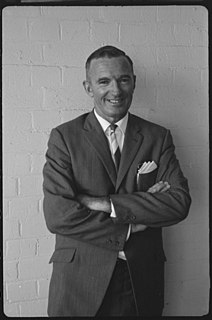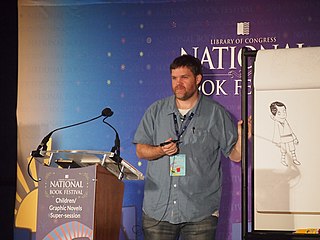A Quote by Jesse Ventura
Tell the truth because then you don't have to have a good memory.
Related Quotes
Memory is a dead thing. Memory is not truth and cannot ever be, because truth is always alive, truth is life; memory is persistence of that which is no more. It is living in ghost world, but it contains us, it is our prison. In fact it is us. Memory creates the knot, the complex called the I and the ego
The truth is impossible to comprehend even when one is willing to tell it. For the truth resides in memory and memory is clouded with repression and a desire to embellish. The recollections of any individual are conditioned by the general truths to which he or she has tried to live. To recall an event is to interpret it, so the truth is altered by the very act of remembering. Therefore the truth, like God, does not exist - only the search for it.
Start telling the truth now and never stop. Begin by telling the truth to yourself about yourself. Then tell the truth to yourself about someone else. Then tell the truth about yourself to another. Then tell the truth about another to that other. Finally, tell the truth to everyone about everything. These are the Five Levels Of Truth Telling. This is the five-fold path to freedom.
How forthright does the audience want the broadcasters to be? Because when you tell your truth, there's a lot of anger that comes out. I think it's a good question to ask TV people [executives] too. How much truth do they want to be told? How much truth does the league want told? Because the truth isn't just a positive truth. If you're going to tell the truth, you would be telling a lot of positive and some negative.
The very act of story-telling, of arranging memory and invention according to the structure of the narrative, is by definition holy. We tell stories because we can't help it. We tell stories because we love to entertain and hope to edify. We tell stories because they fill the silence death imposes. We tell stories because they save us.
Sometimes I don't tell the truth, which is telling the truth about not telling the truth. I think people don't tell the truth when they're afraid that something bad's going to happen if they tell the truth. I say things all the time that I could really get into trouble for, but they kind of blow over.
I have a hard time with historians because they idolize the truth. The truth is not uplifting; it destroys. I could tell most of the secretaries in the church office building that they are ugly and fat. That would be the truth, but it would hurt and destroy them. Historians should tell only that part of the truth that is inspiring and uplifting.

































